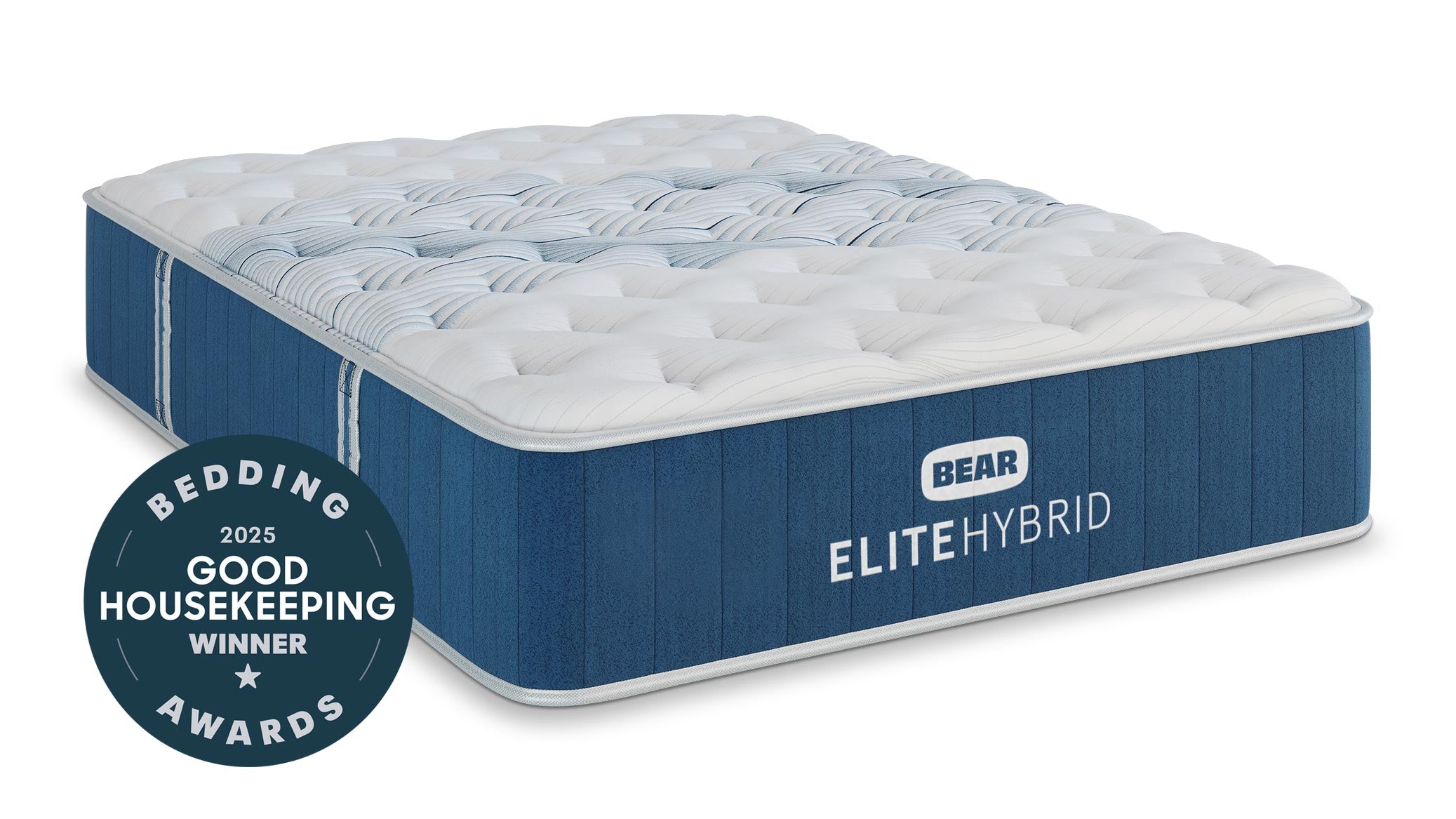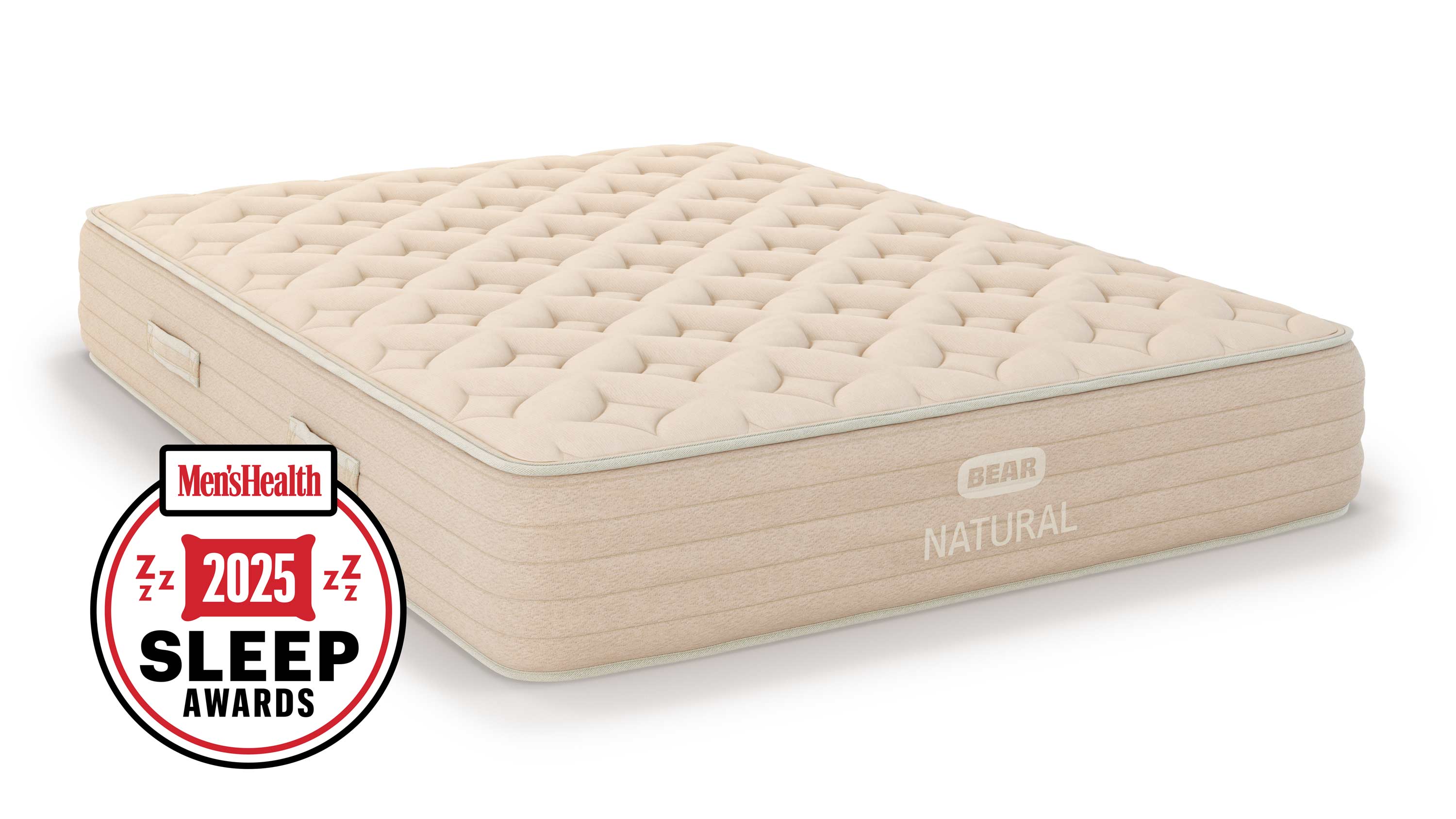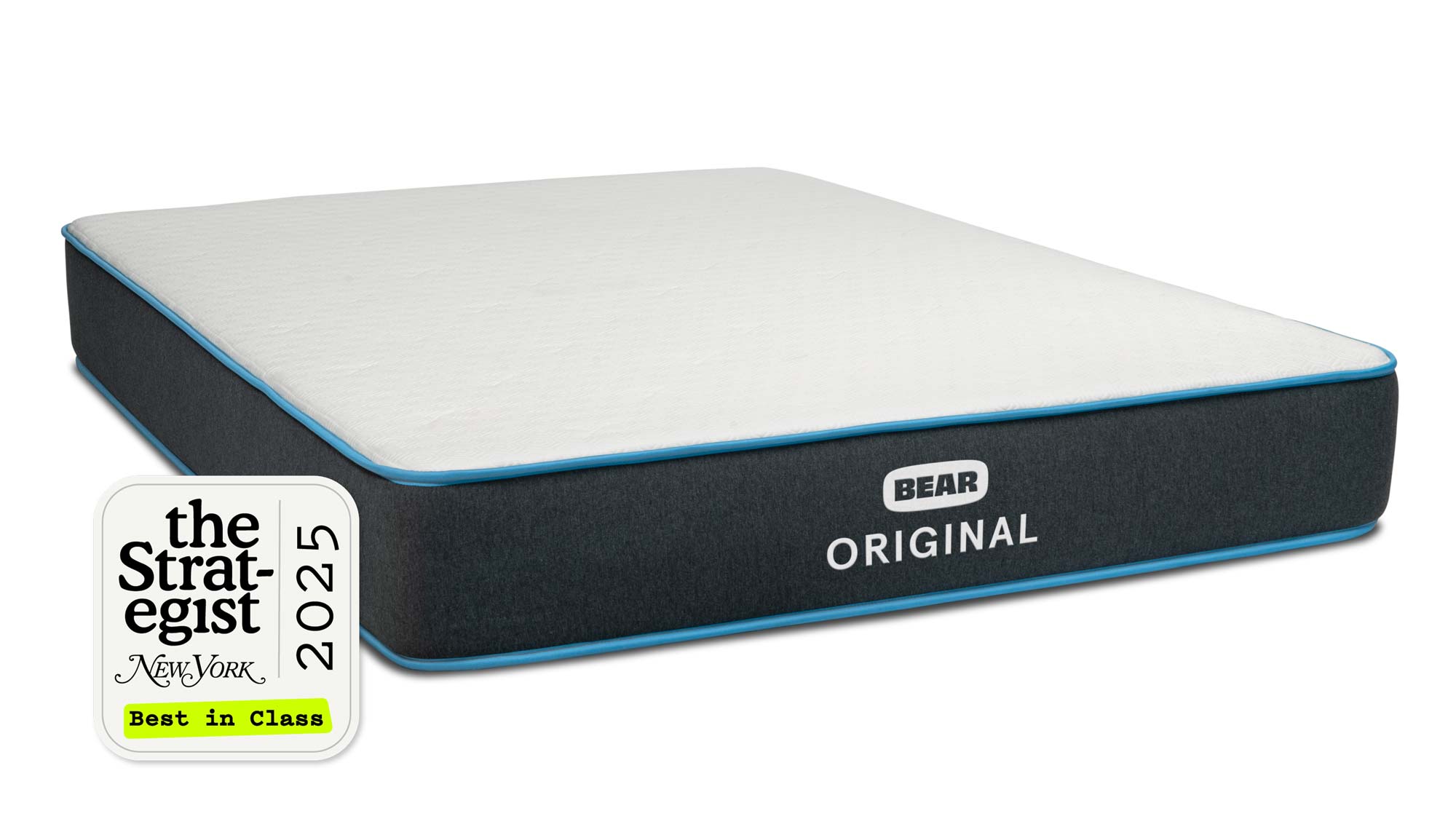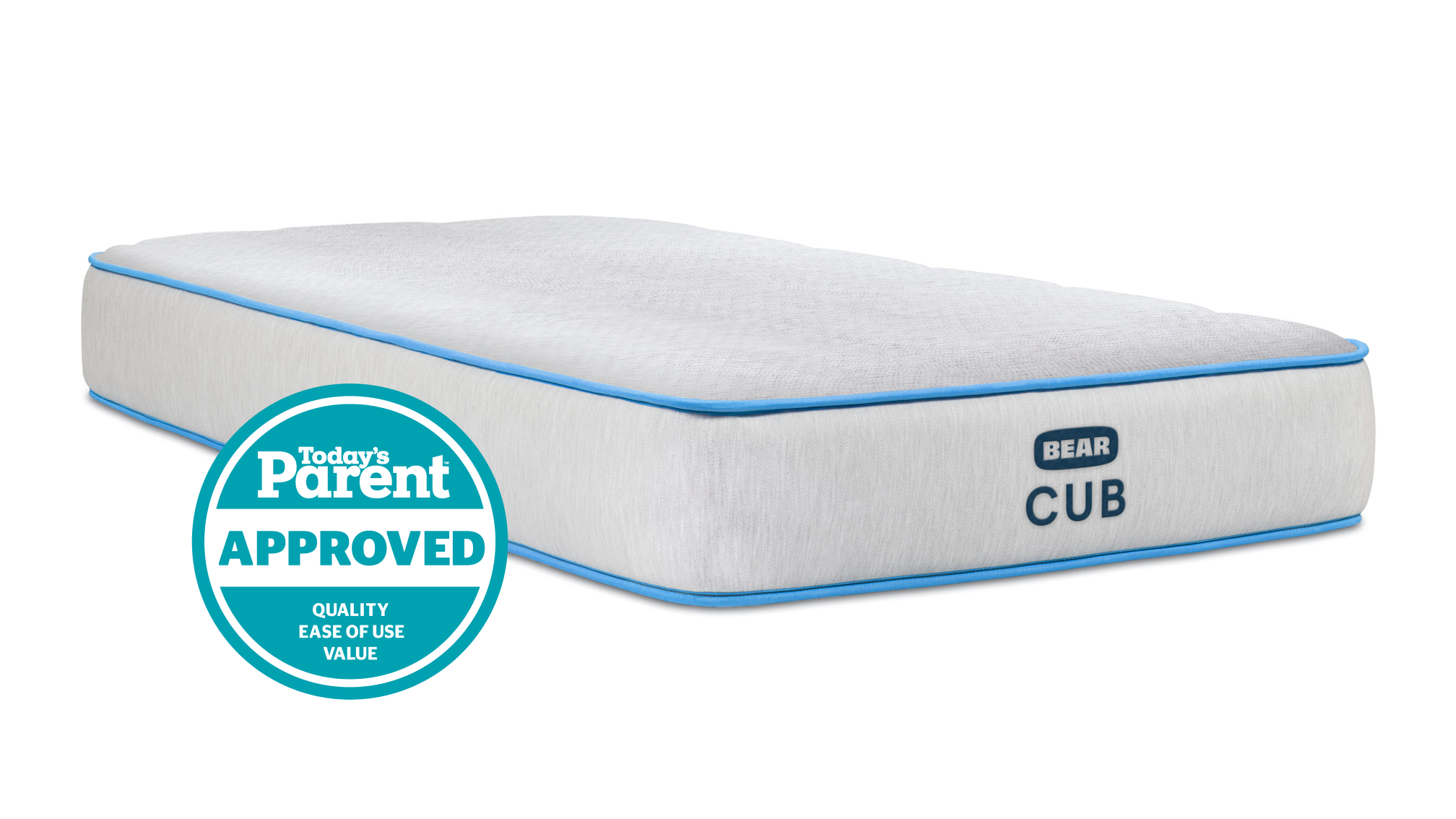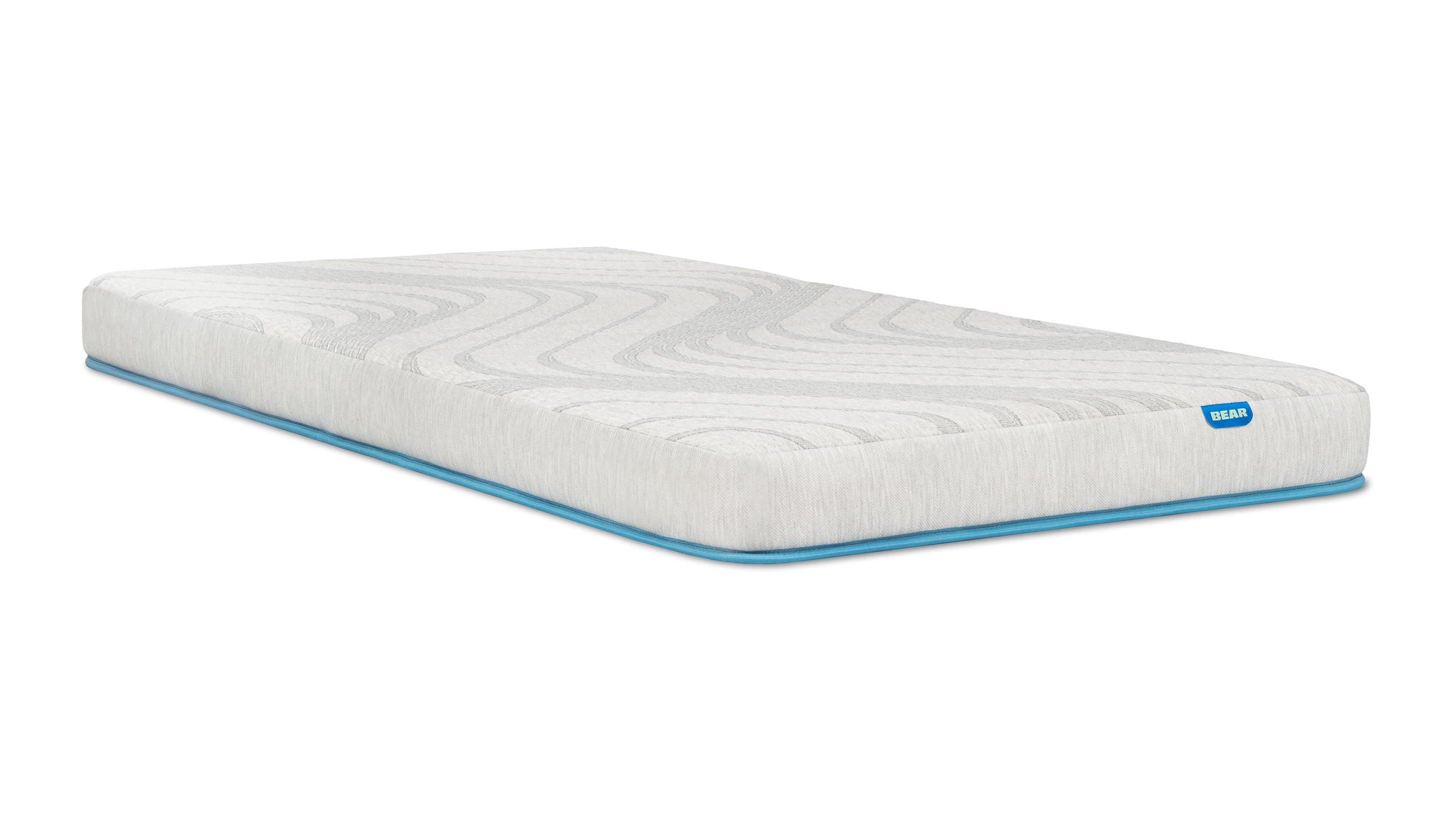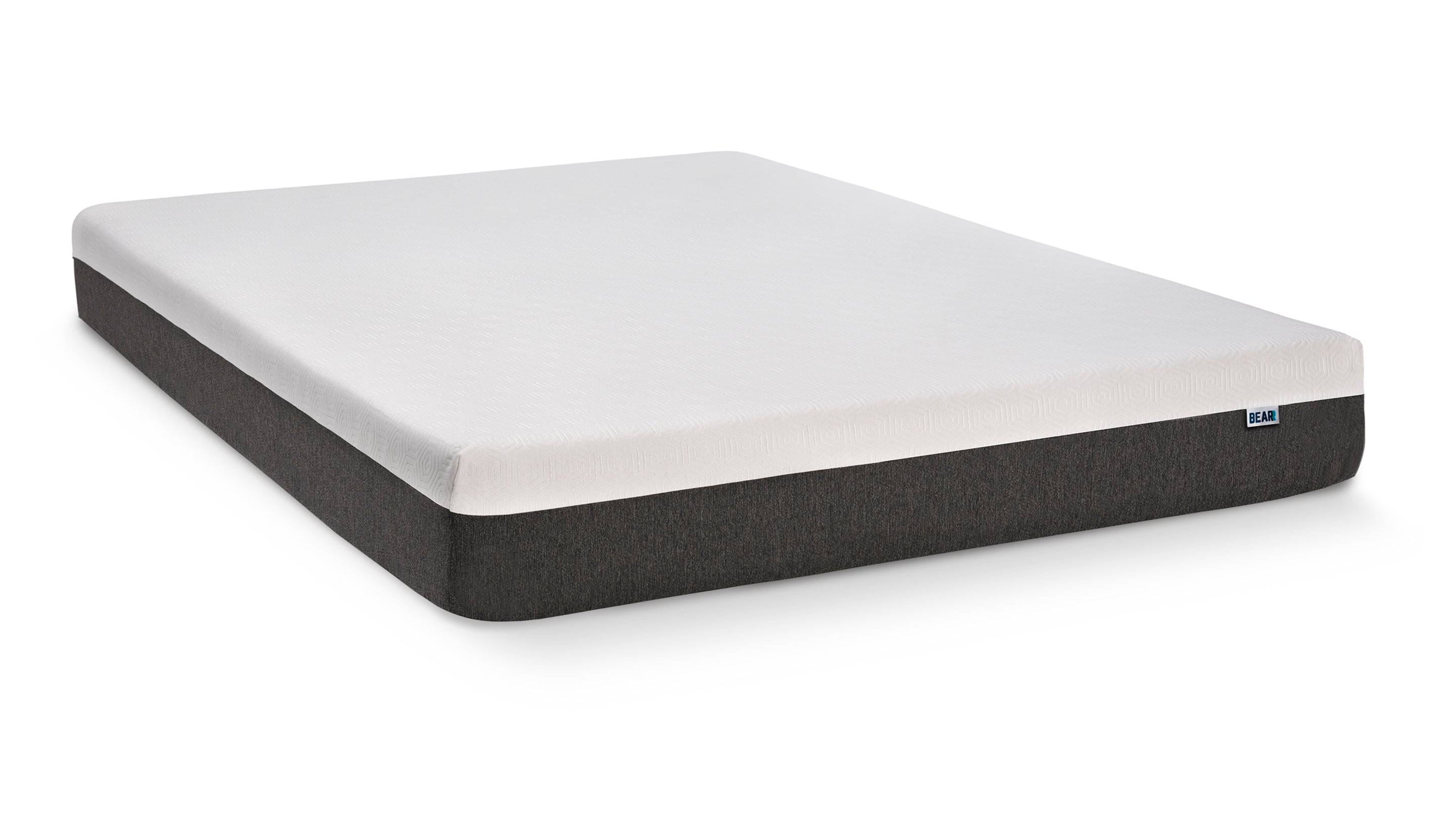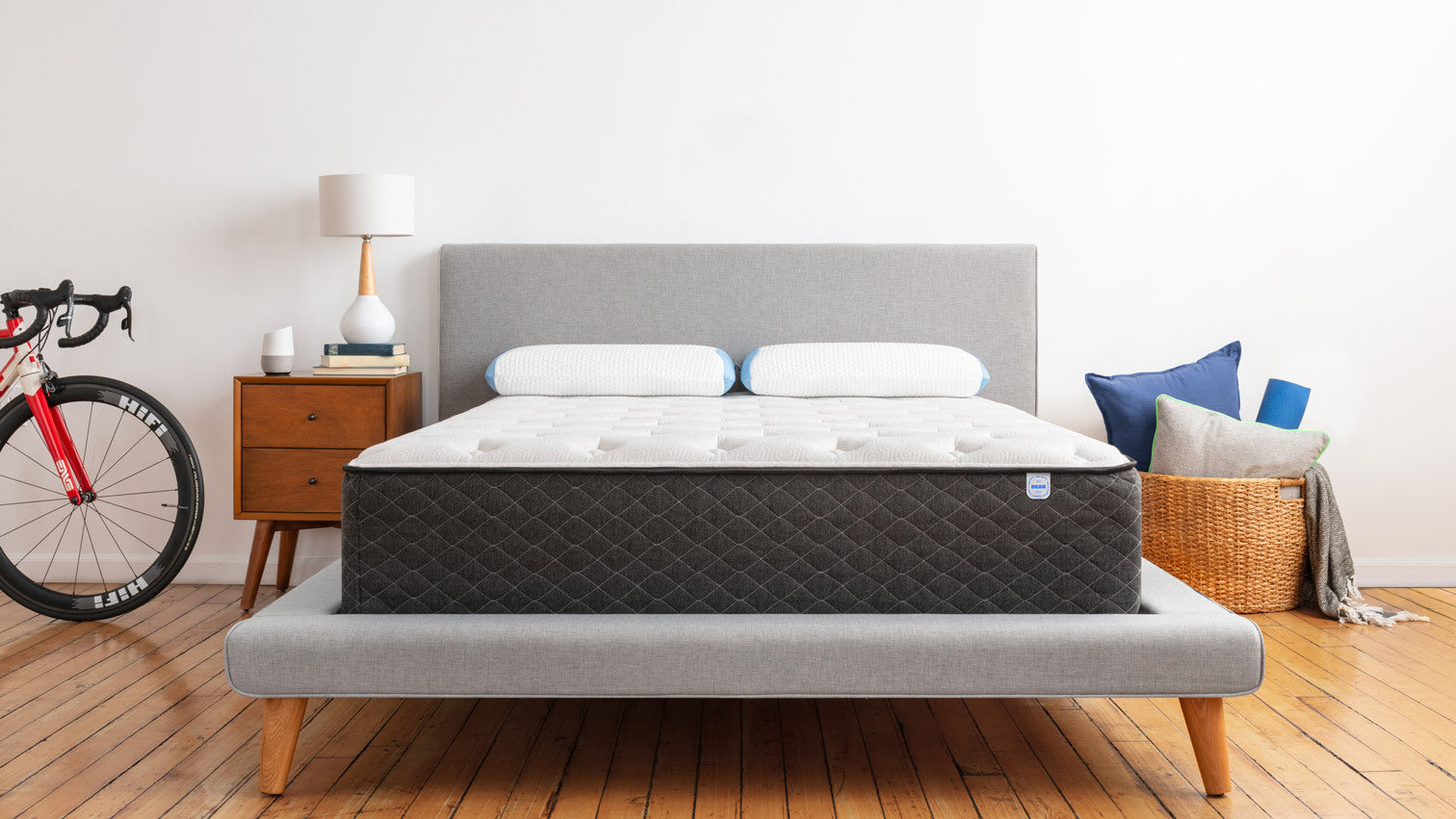You’re asleep in bed when suddenly, you’re jolted awake. Now staring at the ceiling, you realize, you can’t move your arms or legs and standing in the corner? A scary looking creature you can’t quite put your finger on. Or even worse, you wake up and it’s sitting right on top of you. Not to worry though, the demon isn’t real. Enter a condition known as sleep paralysis. It’s estimated that between 1.7% and 40% of the population experience sleep paralysis.
According to SleepFoundation, “Sleep paralysis is a temporary inability to move that occurs right after falling asleep or waking up. Individuals remain aware during episodes, which frequently involve troubling hallucinations and a sensation of suffocation.” While it is certainly a stressful scenario to find yourself in, any hallucinations are of course only that. However, there are ways to make it less likely that you’ll experience sleep paralysis. Here are a few suggestions.
1. Sleeping On Your Back
Sleeping on your back makes it more likely that you will experience sleep apnea or snoring. Waking up from this can increase the chances of experiencing sleep paralysis. If you’re worried about rolling over onto your back in your sleep, consider putting a pillow behind your back so you won’t be able to fully roll over in your sleep - consider adding a Bear Cooling Pillow to your sleep set up.
2. Establish a Regular Sleep Schedule
Getting enough sleep on a regular basis is critical in keeping your body healthy. Aim towards getting around 8 hours of sleep a night and this will help keep any sleep paralysis demons at bay.
3. Don’t Eat Right Before Bed
Food has the ability to affect your sleep. Avoiding a full stomach when you go to sleep can help you sleep more soundly. Alcohol and caffeine can also have a negative effect on a good night’s sleep.
4. Sleep at a Comfortable Temperature
Comfort is a key factor in falling asleep and staying asleep. Temperature has a big impact on the way you sleep. The cooling tech in both the Bear Elite Hybrid and Star Hybrid combined with the pillowy, hand quilted top ensures you stay cool and comfortable all night long.
5. Exercise
Having a regular exercise routine helps reduce stress and anxiety. Stress and anxiety can have a big impact on the quality of one’s sleep and can contribute towards the problem of sleep paralysis.
6. Talk With Your Doctor
With so many outside factors that can affect one’s sleep, it is good to trust a professional if you run into any issues. New medications, underlying conditions, and stress can all contribute to sleep paralysis.
